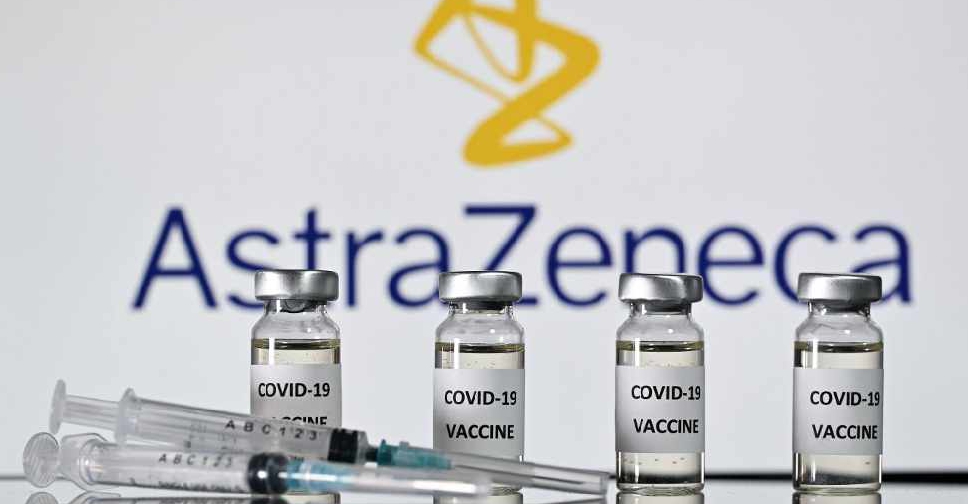
The University of Oxford said it had paused a small UK trial testing the COVID-19 vaccine it developed with AstraZeneca Plc in children and teenagers, as it waits for more data on rare blood clotting issues in adults.
The trial disruption is the latest blow to the vaccine, once hailed as a milestone in the fight against the pandemic, after several countries restricted its use in light of reports of medical issues after inoculations.
There were no safety concerns in the pediatric trial, Oxford University said, adding that it would await guidance from the UK drugs watchdog before giving any further vaccinations.
The university said in February it planned to enroll 300 volunteers aged 6-17 years, based in the United Kingdom, as part of this study.
The European Medicines Agency (EMA) is currently reviewing reports of an extremely rare brain blood clot known as cerebral venous sinus thrombosis (CVST) after the AstraZeneca shots, and is expected to announce its findings on Wednesday or Thursday.
A senior EMA official has said there is a clear association between the vaccine and CVST, though the direct cause of the clots is still unknown.
The World Health Organisation, which is closely studying the latest data on AstraZeneca's vaccine alongside other regulators, said on Tuesday it expects no reason to change its assessment as the shot's benefits outweigh any risks.
Spats with governments across Europe about production, supplies, possible side effects and the vaccine's merits have dogged the Anglo-Swedish drugmaker for months.
Anthony Fauci, the top US infectious disease doctor, told Reuters last week the United States may not need AstraZeneca's vaccine, even if it wins regulatory approval.

 UK inquiry finds 'chilling' cover-up of infected blood scandal
UK inquiry finds 'chilling' cover-up of infected blood scandal
 Iranian President Raisi killed in helicopter accident, state media says
Iranian President Raisi killed in helicopter accident, state media says
 ICC prosecutor seeks arrest warrants for Israeli, Hamas leaders
ICC prosecutor seeks arrest warrants for Israeli, Hamas leaders
 Assange given permission to appeal against US extradition
Assange given permission to appeal against US extradition
 Israel intends to broaden Rafah sweep, Defence Minister tells US
Israel intends to broaden Rafah sweep, Defence Minister tells US




